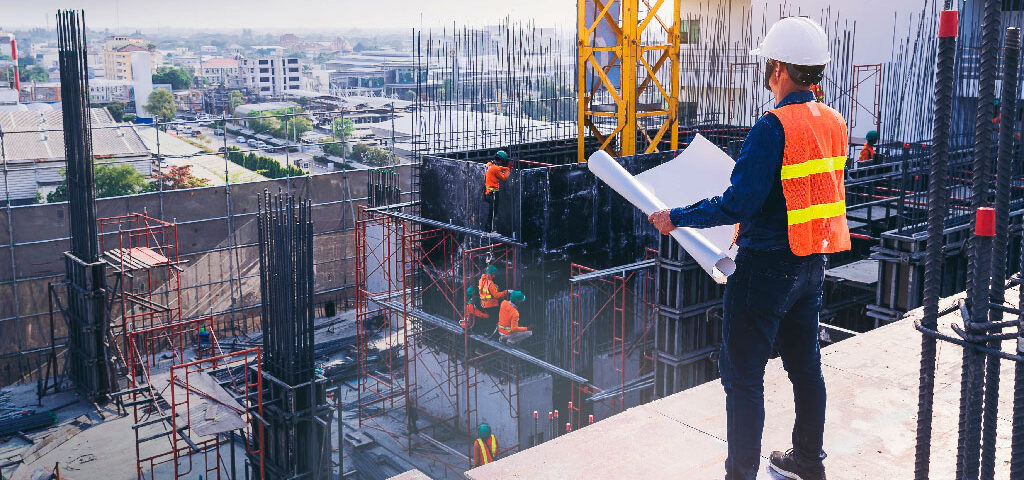Advances and Challenges in 21st Century Civil Engineering

The Importance of Architecture in Civil Engineering Projects Design
March 20, 2024
Construction in the 21st Century: Trends and Challenges
April 9, 2024Civil engineering is a discipline that has been fundamental to the development of society throughout history. From the construction of pyramids in ancient Egypt to the building of modern skyscrapers, civil engineers have played a crucial role in creating infrastructures that sustain our daily lives.
In the 21st century, civil engineering faces a series of unprecedented challenges and opportunities. One of the greatest challenges is the need to adapt to climate change and develop more resilient and sustainable infrastructures. With increasingly frequent extreme weather phenomena such as hurricanes, floods, and droughts, civil engineers must design structures that can withstand these events and minimize their impact on communities.
Technology is also transforming the way civil engineering projects are carried out. The use of drones, remote sensors, and Building Information Modeling (BIM) is allowing engineers to collect more accurate data and make more informed decisions throughout all stages of a project. This not only increases efficiency and reduces costs but also improves safety in the workplace.
Another important aspect of 21st-century civil engineering is the incorporation of more sustainable construction practices. From the use of recycled materials to the implementation of eco-friendly construction techniques, civil engineers are working to reduce the environmental impact of their projects and promote the conservation of natural resources.
Rapid urbanization and the growing global population also present significant challenges for civil engineering. It is estimated that by 2050, nearly 70% of the world’s population will live in urban areas, requiring the planning and construction of new infrastructures to meet the needs of these growing communities. From expanding public transportation systems to improving water and energy supply networks, civil engineers will play a crucial role in creating more livable and sustainable cities.
However, despite all the technological advancements and innovations in the field of civil engineering, significant challenges still persist. Lack of investment in infrastructure, government bureaucracy, and a shortage of skilled labor are just some of the obstacles that must be overcome to ensure the success of civil engineering projects.
In summary, civil engineering in the 21st century faces a series of unique challenges and opportunities. From adapting to climate change to incorporating emerging technologies, civil engineers are working to build a safer, more sustainable, and habitable future for future generations.




